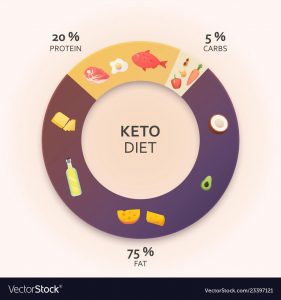The top Google Health Searches 2019
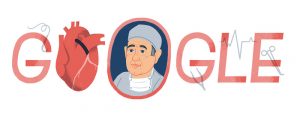
These are the top 10 health questions asked on Google in 2019.
1- How to Lower Blood Pressure
High blood pressure is generally diagnosed when a person has a blood pressure reading higher than 130/80.
Eating a healthy diet with less sodium and more potassium, losing weight, getting more exercise and relieving stress can all help lower blood pressure, according to Johns Hopkins Medicine.
LINK 17 Ways to Lower Blood Pressure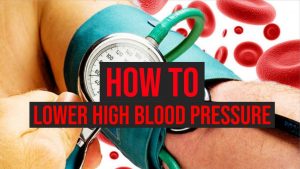
2- What is Keto?
“Keto” is short for the ketogenic diet.
“Ketogenic” is a term for a low-carb diet (like the Atkins diet). The idea is to get more calories from protein and fat and less from carbohydrates which forces the body into a state known as ketosis.
Ketosis causes the body to break down body fat.
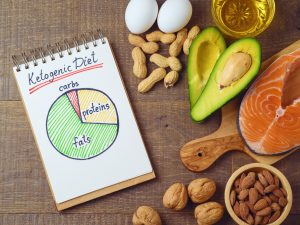
3- How to get rid of hiccups?
LINK How to get rid of hiccups? and 8 other hiccup questions

4- How long does the flu last?
LINK How long does the flu last? and 15 other flu questions
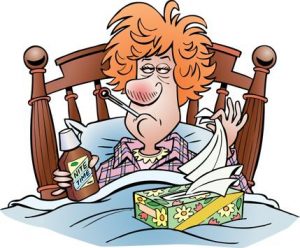
5- What causes hiccups?
LINK What Causes Hiccups and 8 Effective Cures for Hiccups
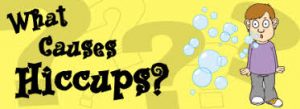
6- What causes kidney stones?
Urine contains dissolved minerals and salts. When your urine has high levels of these minerals and salts, stones can form. Kidney stones can start small but can grow larger.
Some stones stay in the kidney and do not cause any problems. Sometimes, the kidney stone can travel down the ureter (tube between the kidney and the bladder). If the stone reaches the bladder, it can be passed out of the body in urine. If the stone becomes stuck in the ureter, it blocks the urine from the kidney and causes pain.
7- What is HPV?
HPV stands for human papillomavirus. It’s the most common sexually transmitted infection. HPV can be harmless and go away by itself, but some types can lead to cancer or genital warts.
LINK: What is HPV? Should I get the vaccine?
8- How to lower cholesterol?
–Reduce saturated fats which are found primarily in red meat and full-fat dairy products.
-Eliminate trans fats
-Eat foods rich in omega-3 fatty acids
-Increase soluble fiber
-Add whey protein
This information is from the Mayo Clinic. LINK Mayo Clinic
9- How many calories should I eat a day?
Calorie intake varies depending on how active a person is.
Generally, the average recommended daily calorie intake is:
Women
~2000 calories a day from 19-25 years old
~1900 calories a day from 26-50 years old
~1700 calories a day from 51 years old and up
Men
~2500 calories a day from 19-40 years old
~2300 calories a day from 41-65
~2100 calories a day from 66 years old and up
10-How long does alcohol stay in your system?
Alcohol stays in your system between 1 and 3 hours, but urine tests and breathalyzers detect alcohol for up to 24 hours.
Hair tests can determine if you drank alcohol in the past 90 days.
